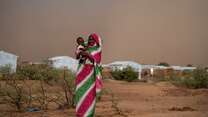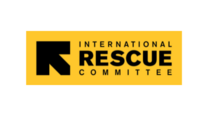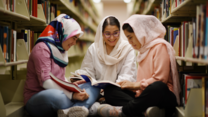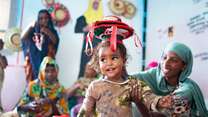Whether it’s the bustle of a big city or the quiet of the countryside, "home" looks different for each of us, but should offer comfort to us all.
This quiz will test your knowledge of the places around the world people call home. Can you guess where these photos were taken?
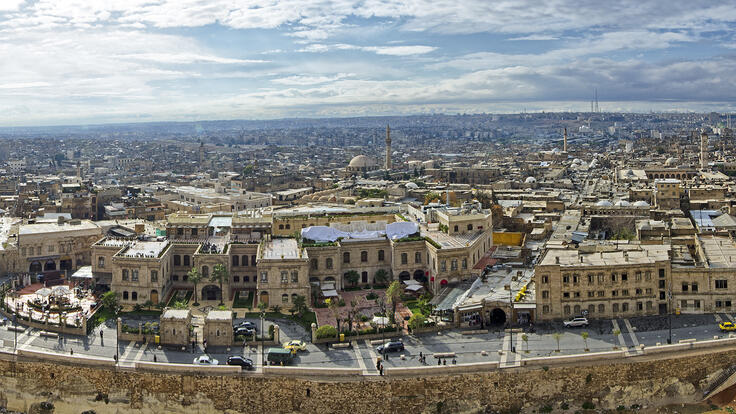
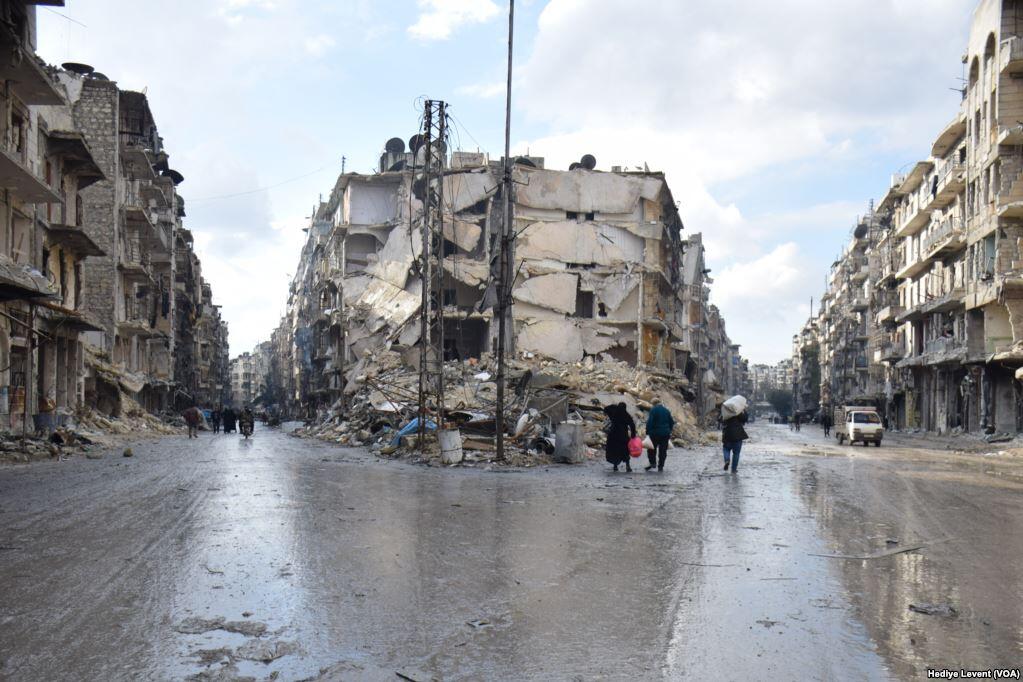
Aleppo has sat at the crossroads of ancient trade routes since the second millennium B.C. But just over a decade of war has devastated this city rich in history and culture, killing thousands of people and leaving millions without a safe place to call home.
Since 2012, the International Rescue Committee (IRC) has assisted over 1 million people in Syria with urgent medical care, job training and cash relief. We also create safe spaces for women survivors of violence, provide early childhood education that helps young Syrians become more resilient, and offer small business support as part of programs to build families' economic stability.
Through partnering with the Syrian Expatriate Medical Association, our teams have provided nutrition services and psychosocial support to displaced families.
“I learned a lot of good things from [the community health workers] …. They also helped me with my daughter Sarra who was suffering from severe malnutrition, so they transferred her to a hospital where she stayed for two months… now, my daughter’s health is very good.”
— Najwan*, a displaced Syrian mother of six whose 3-year-old daughter was diagnosed with severe acute malnutrition.
*Some last names in this article have been omitted for privacy and safety reasons.
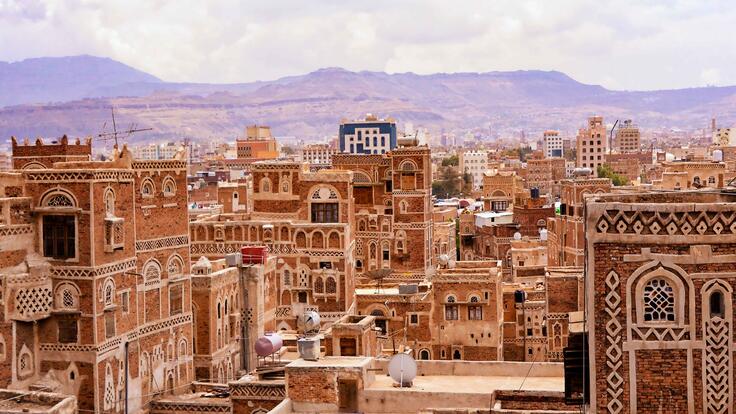

These soaring, traditional mud-brick buildings—hundreds of years old—were once what made Yemen famous. Now war keeps Yemen in the headlines.
After seven years of conflict, Yemen is facing one of the largest humanitarian crises of our time. IRC teams are there providing lifesaving emergency aid, medical care, women’s protection and clean water to millions of people affected by violence and a growing health crisis. We also help children access the education they need to choose their own futures.
“No one was expecting [my children] to live…. Now, I tell them, Abdo and Asma, you are the children of the IRC, because they are the ones who saved your lives. After my children survived, I used to go to sleep praying for [the IRC health workers] and get up praying for them as if they were my own family members.”
– Asriya, 28, a mother of 9-month-old twins who received treatment for malnutrition from an IRC mobile health team in Yemen.

This photo was taken in the city center of Kyiv in 2017. Before the Russian invasion of Ukraine in February 2022, Kyiv was a bustling metropolis known for its high-tech industries, educational institutions, and historical landmarks.
In the initial weeks of the conflict, millions of Ukrainians were forced to flee their homes. The IRC’s emergency response teams in Ukraine and Poland were there to provide blankets, sleeping bags, warm clothes, cash assistance and more to displaced families and we will stay for as long as we are needed.
No matter where people are in the world, they deserve a safe place to call home. But that saftey can be taken away in an instant.
The International Rescue Commitee (IRC) is on the ground in more than 40 countries affected by conflict and crisis, providing people with the support they need to survive rebuild their lives. We can only do this thanks to ongoing support from people like you.
Will you take two minutes to make a donation to support our work? Donate here.
Photo credits: 1: Craig Jenkins, 2: Rod Waddington, 3: stratum
